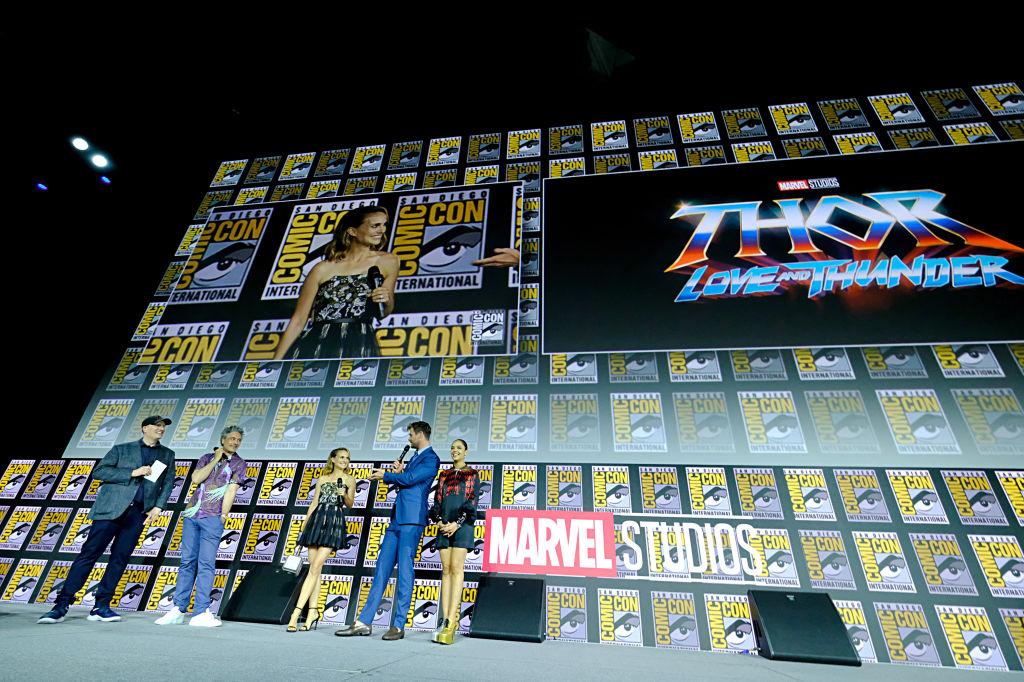MCU to Redeem This Character in ‘Thor: Love and Thunder?’
The Marvel Cinematic Universe (MCU) has always been rather adept at characterizing its heroes — providing most Avengers with intriguing backstories, complex internal conflicts, and suspenseful narrative arcs. Tony Stark transitioned from egotist to selfless savior, closing his journey with a tearjerking denoument in Avengers: Endgame. Black Widow went from a woman without a family to one willing to put another man’s family unit before her own life. Steve Rogers discovered what it means to “get a life,” and the list goes on and on.

Unfortunately, not all MCU villains have received such illustrious illustrations. While villains are supposed to be the bad guys — challenging the heroes and acting as foils to their identities — they should also possess personal motivations for betrayal, torture, world domination, etc. Some villains have retained a shred of complexity — operating in the moral gray or existing for a reason other than to oppose (i.e., Killmonger and Thanos). However, most have been a bit disappointing, and one of the biggest disappointments was Hela in Thor: Ragnarok. But, if insider reports concerning this character’s possible return are accurate, Marvel Studios may try to pen a redemption arc for Cate Blanchett’s black and white bad girl.
‘Thor: Ragnarok’ wasted Cate Blanchett’s Oscar-winning talents in the MCU
While Cate Blanchett was able to sashay and scold as good as the next Oscar winner — killing without hesitation and claiming power with efficiency and relentlessness — her character lacked individuality.
Hela was simply “bad,” harboring some age-old grudge and a cliché parental abandonment story that never really received its chance in the spotlight — in an emotionally satisfying or narratively significant way.
Hela — the Goddess of Death – quickly became a caricature, as opposed to a character: a dramatized version of villainy, in and of itself, donned in black leather, a black headpiece, and black undereye makeup. The problem: dark colors, an air of superiority, and a tendency for apathy do not make a relatable villain; they make a villain destined to lose. They make a villain who is not deemed as a person, but as merely the opponent. However, Marvel Studios may be looking to redeem itself; the studio may be looking to give its Oscar Winner the script she deserved at the start.
Cate Blanchett may return as Hela in ‘Thor: Love and Thunder’
Recent reports by We Got This Covered suggest that Hela may be coming back to the MCU via Thor: Love and Thunder. And, since her dead body was never shown on the screen, it is possible.
The outlet goes on to note that when she returns, she will likely be working alongside our heroes to save New Asgard. She will not become a hero; rather, she will be forced to team-up with Thor, in an effort to protect her personal interests.
Such a narrative could easily find a way to explore this character in greater depth, allowing for conversations between Hela and Thor that do not progress to battle, as they will need each other’s assistance to win. Conversations mean details, and details could mean that this caricature finally becomes a character.


